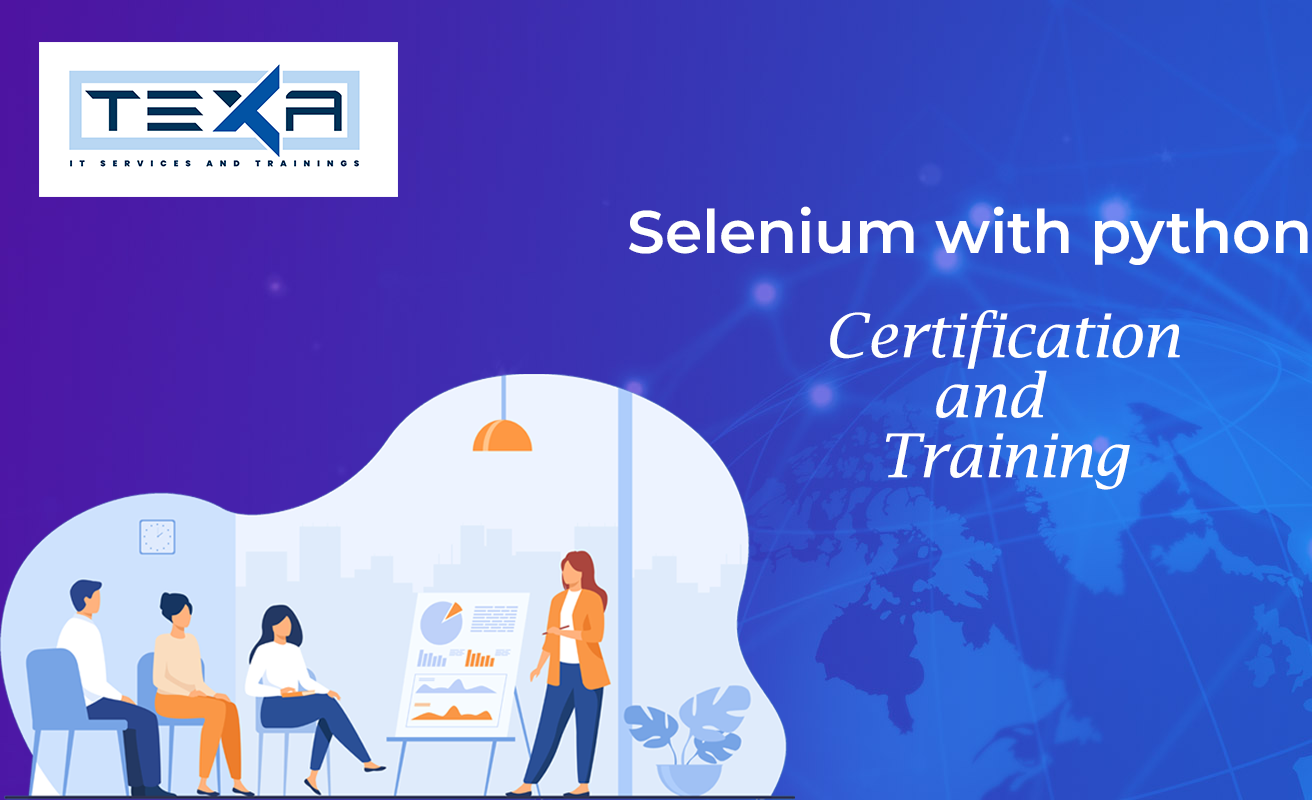
- Python 1x feature
- Python 2 X features
- Python 2 x endlife
- Python 3X features
- Python 3.8.2
- Download and install Python Download
- Set Environment variables
- Download Pycharm IDE
- Coding standards followed in Pycharm
- Naming standards followed in Pycharm
- Features of Pycharm IDE
- breakpoint() Built-In.
- Data Classes.
- Customization of Module Attributes.
- Typing Enhancements.
- Timing Precision.
- Context Variables
- Importing Data Files
- Interactive mode
- Using Script mode
- Single line comments using “#”
- Multi line comments using """ “””
- Syntax
- PYTHON TOKENS
- Identifiers
- Keywords
- Operators
- Delimiters
- Literals
- Conditional statement keywords
- Control statement keywords
- Function keywords
- Exception keywords
- Logical operator keywords
- Lexical Definitions in Python Identifiers
- Best Practices in Identifiers in Python
- Testing the Validity of Identifiers in Python
- Reserved Classes of Python Identifiers
- Reserved Classes of Python Identifiers
- Leading and Trailing Double Underscores (__*__)
- String literals
- Numeric literals
- Boolean literals
- Collection literals
- Special literals
- Creating Variables
- Variable Names
- Assign Value to Multiple Variables
- Output Variables
- Global Variables
- The global Keyword
- Lexical Definitions in Python Identifiers
- Best Practices in Identifiers in Python
- Testing the Validity of Identifiers in Python
- Reserved Classes of Python Identifiers
- Reserved Classes of Python Identifiers
- Leading and Trailing Double Underscores (__*__)
- Text Type(str)
- Numeric Type(int, float, complex)
- Sequence Type(list, tuple, range)
- Mapping Type(dict)
- Set Types(set, frozenset)
- Boolean Type(bool)
- Binary Types(bytes, bytearray, memoryview)
- Different types of Number system
- int (signed integers)
- long (long integers )
- float (floating point real values)
- complex (complex numbers)
- Number type conversion
- Implicit Type Conversion
- Explicit Type Conversion
- Convert to Int
- Convert to float
- Convert to Complex
- Convert to String
- Convert to Hexadecimal
- Convert to Octal
- Convert to List
- Convert to Set
- Convert to
- Arithmetic operators
- Comparison operators
- Logical operators
- Bitwise operators
- Assignment operators
- Special operators
- Identity operators
- Membership operators
- String datatype
- String declaration
- String Tokenizer
- String methods
- String types
- String memory allocation
- Manipulations in string
- Boolean Values
- Boolean Strings
- Boolean and logical operators
- Iterating Through an Iterator in Python
- Iterator vs Iterable
- ForLoop
- Net For Loop
- How for loop actually works?
- Building Your Own Iterator in Python
- Infinite Iterators
- What is PIP
- Install PIP
- Download a Package
- Listing Installed Packages with pip
- Package Information with pip show
- Find Packages
- Remove a Package
- List Packages
- Create a list
- List Index
- Negative indexing
- Slice lists in Python
- Delete and remove from List
- List Methods
- Create a Tuple
- Indexing
- Negative Indexing
- Slicing
- Changing a Tuple
- Deleting a Tuple
- Tuple Methods
- Other Tuple Operations
- Set
- Access Items
- Change Items
- Add Items
- Get the Length of a Set
- Remove Item
- Join Two Sets
- The set() Constructor
- Set Methods
- Python frozenset() Function
- Accessing Values in Dictionary
- Updating Dictionary
- Delete Dictionary Elements
- Properties of Dictionary Keys
- Built-in Dictionary Functions & Methods
- Other Dictionary Operations
- Iterating Through a Dictionary
- Flowchart for conditional statements
- If statement
- If-else statement
- If-else-if statement
- For loops
- While loops
- Jump statements
- MAGIC METHODS
- Magic Methods and Operator Overloading
- Overview of Magic Methods
- Binary Operators
- Extended Assignments
- Unary Operators
- Comparison Operators
- Example class: Length
- Standard Classes as Base Classes
- Exception types
- Usage of Try
- Usage of except
- Usage of Finally
- Usage of BaseException
- Built-in Exceptions
- Raising an Exceptions
- Concrete exceptions
- User-Defined Exceptions
- File Handling in Python
- Stream
- Python File Methods
- File Operations in Python
- File reader
- File writer
- Bufffered Reader
- File permissions
REAL TIME PROJECT
MOCK INTERVIEW
- Python - Regular Expressions
- The match Function
- The search Function
- Matching Versus Searching
- Search and Replace
- Regular Expression Modifiers: Option Flags
- Regular Expression Patterns
- Character classes
- Special Character Classes
- Repetition Cases
- Non greedy repetition
- Grouping with Parentheses
- Anchors
- Check the given number is odd or not
- Check the given number is even or not
- The search Function
- Print first 100 odd numbers
- Print first 100 even numbers
- Count the number of even numbers from 1 to 100
- Count the number of odd numbers from 1 to 100
- Find the factorial of a given number
- Generating fibbonacci series
- Find the reverse of the given number
- Check the given number is palindrome or not
- Check the given number is armstrong or not
- Find the sum of the digits in a number
- Find the number of digits in a number
- Find the product of digits in a number
- Find the reverse of the string
- Check the given string is palindrome or not
- Print each word's first letter of the given string in capital number
- JDK MEMORY MANAGEMENT
- Raw Memory Interface
- Memory Interface
- Object allocators
- Default Memory Allocators
- Customize Memory Allocators
- The pymalloc allocator
- allocator
Our instructors give students entire flexibility to investigate the subject and learn from real-life examples. Our instructors assist candidates in completing assignments and even prepare them for interview questions and responses. Candidates have the right to ask any questions they want at any time.
- Trainers have worked on a variety of real-world projects in their respective industries.
- Interactive online training sessions allow for complete involvement between the learner and the trainer.
- Certified professionals with prior training expertise.
- Subject matter expertise and complete knowledge of real-world industrial applications.
- Trainers have worked on a variety of real-world initiatives during their careers.
- Subject matter expertise and complete knowledge of real-world industrial applications.
- Trainers have worked on a variety of real-world initiatives in their respective industries.
"I will be the leader of a company that ends up being worth billions of dollars, because I got the answers. I understand culture. I am the nucleus. I think that’s a responsibility that I have, to push possibilities, to show people, this is the level that things could be at."
Get Certified
Texa Certification is recognized by major IT industries worldwide. The issued certificate serves as evidence that the trainee has successfully completed both the theoretical and practical sessions on Texa. It enhances the chances of being shortlisted in the interview process and enables the attainment of job positions in leading MNCs.
Criteria to obtain the certificate:
- Completion of the theoretical and practical session of the course.
- Complete the course assessment.

Features
Key Features

Training from industrial experts

Hands on Build Live Project

100% Placement Assistance

24x7 Expert Support

Certification of Completion

Free Live Demo




